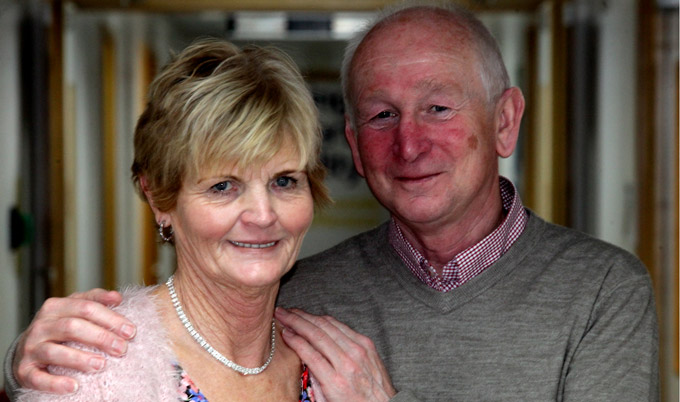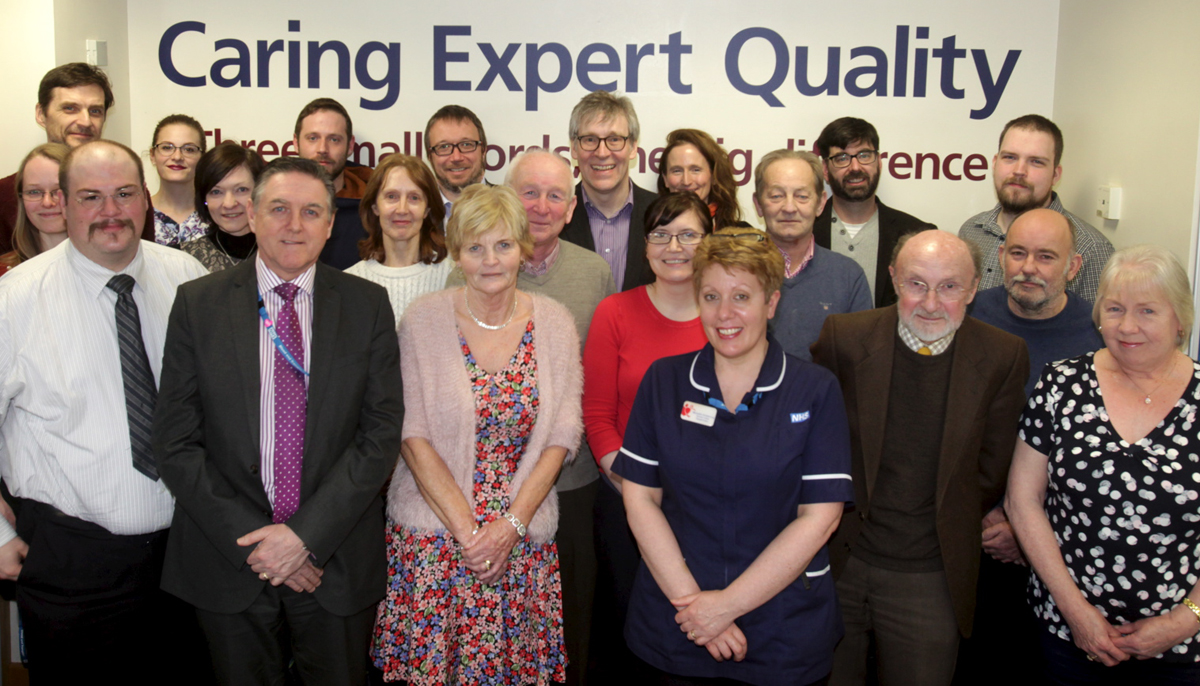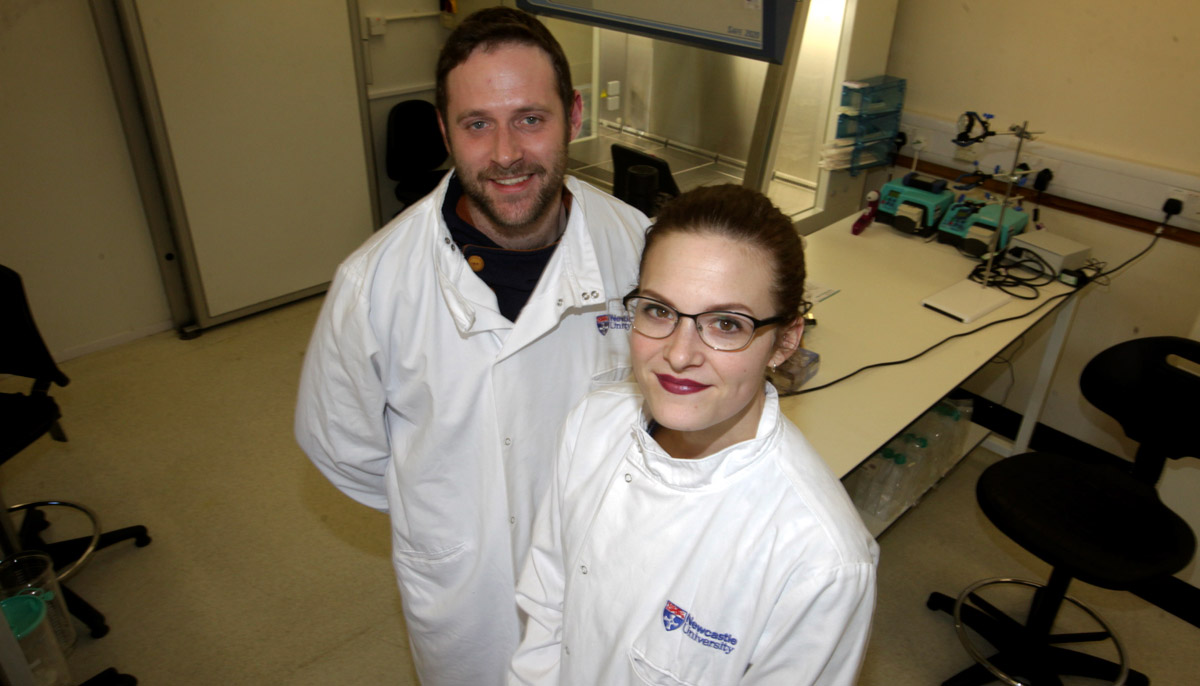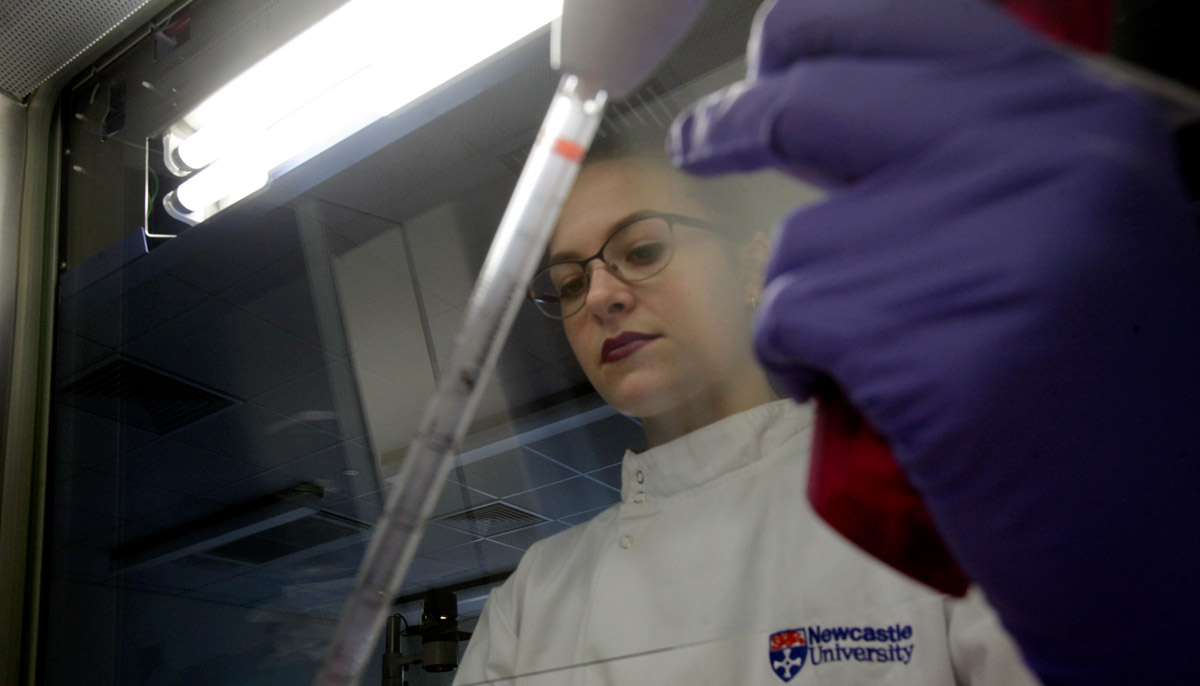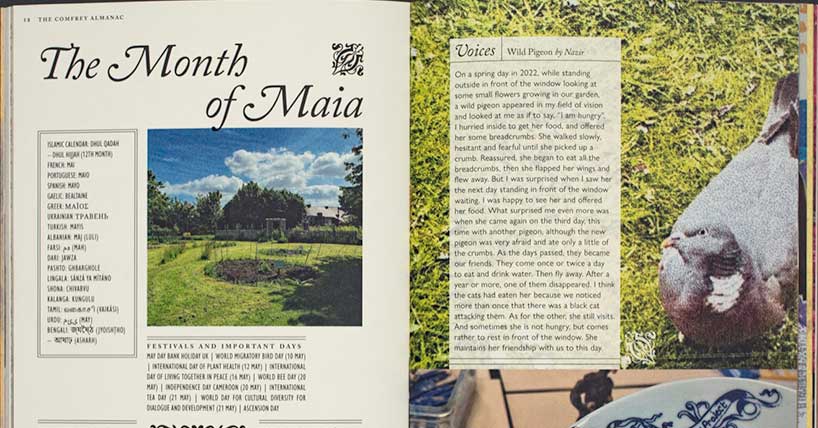Isolation and Innovation Hub
Research facility will advance treatment of Type 1 diabetes
Published on: 11 May 2017
Patients with Type 1 diabetes will benefit from a unique Newcastle University research facility aimed at significantly advancing treatment for those with the condition.
The Newcastle Isolation and Innovation Hub is a laboratory focusing on developing islet cell transplantation and testing new drugs that will hopefully one day lead to a Type 1 diabetes cure.
The new facility will provide scientists at Newcastle University with human islet cells - found in the pancreas and which release insulin - to further their research.
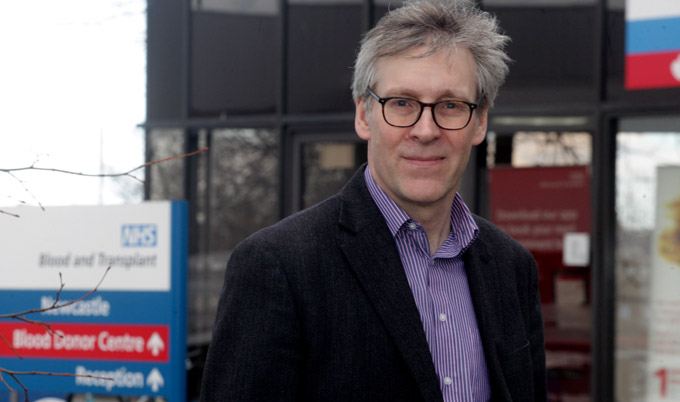
Islet cell transplant therapy
James Shaw, professor of regenerative medicine for diabetes at Newcastle University and honorary consultant physician at Newcastle upon Tyne Hospitals NHS Foundation Trust, is leading the Hub.
He said: “We hope that the research we are doing will one day mean that eventually insulin won’t be required for any type of diabetes.
“Our first goal is to pioneer islet cell transplant therapy for diabetes delivering long-term freedom from insulin injections without the need for toxic anti-rejection drugs.
“In parallel, the Hub will provide scientists with human islet cells to gain a deeper understanding of the effects of diabetes on the pancreas with the aim of finding curative new drug treatments.”
The Newcastle Isolation and Innovation Hub is based within the city’s NHS Blood and Transplant Centre on Barrack Road and is one of the first of its kind in the UK.
Tissue and high quality islet cells from donated pancreases will be generated from donor organs within the Hub for researchers of the Regenerative Medicine for Diabetes group at Newcastle University.
Engineers and molecular biologists will collaborate with other experts with the aim of making cell transplantation a safe, routine procedure for Type 1 diabetic patients at highest risk of complications.
Islet cell transplantation involves taking cells from a donated pancreas and transplanting them into the patient and the recipient must then take anti-rejection drugs.
Professor Shaw said: “The overarching goal is to develop new tablet treatments which will enable cells in the pancreas to start making insulin again.
“We aim to provide a unique bank of pancreas tissue and cells obtained from people with diabetes.
“Our research and clinical practice has been building towards this service for the last 15 years which will benefit scientists working towards a cure throughout the UK and the rest of the world.”
Generous donations
The new facility has been made possible thanks to generous donations from patient, Ray Wilson, who has had Type 1 diabetes for more than 50 years.
Mr Wilson, of South Shields, helped set up the Newcastle University Cure Diabetes (nucDIABETES) charity two years ago to support ground-breaking research into the condition.
He said: “I feel very proud that this new facility has opened in Newcastle to help advance research and treatment for patients with Type 1 diabetes – it is a major step forward.
“The Newcastle Isolation and Innovation Hub will carry out important research that will hopefully one day establish a cure for the condition.”
A core team of three researchers will work at the Hub and collaborate with bioengineers internationally to design new state-of-the art equipment for islet cell transplantation.
Helen Gavillet, research technician at Newcastle Isolation and Innovation Hub, said: “We will now have access to the highest quality human cells and will be able to put these to excellent use to help push research into Type 1 diabetes forwards.”
Patient's story
Grandmother-of-three Helen Stankevicius has lived with Type 1 diabetes for more than 40 years and is delighted with the opening of the Newcastle Isolation and Innovation Hub.
The 62-year-old’s life was transformed following islet transplantations she received in Newcastle and her health has gone from strength-to-strength.
Mrs Stankevicius had lost warning signs of a hypoglycemic attack, where blood sugar levels drop dangerously low and can cause collapse. She felt a prisoner in her own home because she became too scared to go out for fear of what could happen.
After one critical episode she was recommended for an islet transplant and has received two islet transplants over a three year period. She takes anti-rejection drugs and is currently insulin-free.
She now feels like a new woman and is even looking to book a holiday abroad with her husband, George, 65 – something the couple have not done for many years.
Mrs Stankevicius said: “Within days of my islet transplant I felt so much better and my life has been completely changed. I now go out on my own, shopping and visiting friends.
“I have stopped taking insulin and I regularly go for walks with my husband, George, and we can go up to 12 miles in a day.
“It is fantastic that the Newcastle Isolation and Innovation Hub has opened as it’ll provide the best, most up-to-date research into Type 1 diabetes. This is offering patients with the condition a lot of hope that one day a cure may be found and they can live a life free of insulin injections.”
